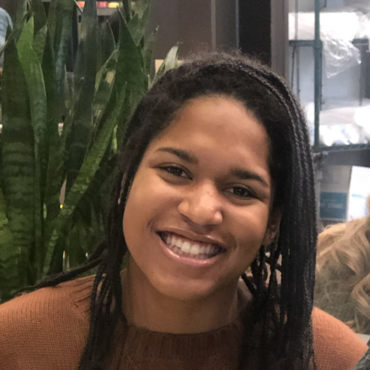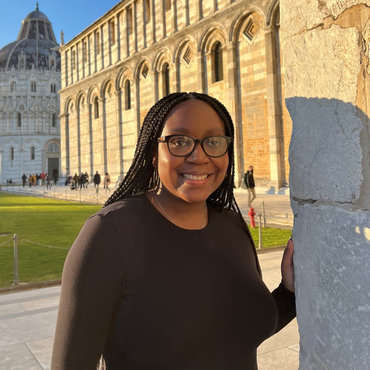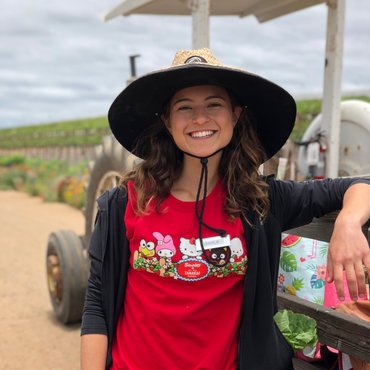
Katie Wullert, PhD candidate
Let's talk

The growing political divide in this country is news to no one, but we are often able to avoid the ramifications of this in our private lives by surrounding ourselves with like-minded people and inhabiting ideologically homogeneous social spaces online and in the real world.
Every year on the fourth Thursday in November, however, it becomes hard to prevent the political divide from intruding into our private lives as liberal nieces go toe-to-toe with conservative uncles and conservative cousins face off against progressive aunts. The Thanksgiving dinner table has become a notorious place of political contention. This political showdown is not playing out in Washington or on Fox or MSNBC, but in our own homes.
What do we do about this contention when it is finally right in front of our faces? If we follow the model of Saturday Night Live, perhaps we play Adele to soothe the room and prevent any conflict from escalating. But what if, instead, we dug into that tension?
That was the premise behind a series of three, hour-long dinner conversations held at the Haas Center this past February. Students with differing political perspectives were brought together to discuss issues that we often do not talk about across political divides. The conversations covered the American Dream, immigration, and freedom of speech vs. controlling hate speech, and students were asked to present their views thoughtfully and listen to the views of others around them.
My role in this was to facilitate, provide guiding questions, make sure there was food and the room was ready, and let the conversation unfold as it did. From my perspective as an observer of each of the conversations, one theme clearly emerged: finding common ground is easier than digging into divisions.
As the participants got more comfortable with each other and with the conversations, greater disagreement did emerge, but it is hard to break down the walls of kindness that suggest we should not butt heads with others, and it is comforting to find that the conversation fit into a groove in which people can fundamentally agree.
After each dialogue, students expressed their surprise at the fact that there was so much agreement. On one hand, this was a real positive. Students discovered that people they had assumed to hold one opinion actually believed something very different, and two individuals who might have been presumed to be at odds were in fact much more in alignment with each other than expected.
On the other hand, the students also noted that they felt there was more there that was never fully discussed, points of contention that were never brought out fully in the open but remained under the surface as if Adele was softly singing to keep tempers in check.
Around another dinner table, the conversations certainly might have looked very different, but the experience of this dinner table left me with one question: when we attempt to come together across political divides, what is the goal?
Are we searching for agreement to remind ourselves we are all people? There's value to that, but also the very real risk of dismissing disagreement that should not just be brushed aside and ignoring views that perhaps can never be reconciled but have immense impact on people's lives and experiences.
Are we instead looking to debate and perhaps even let our tempers flare up as we speak passionately about issues we care about? This ensures we do not ignore important divisions, but also may make us miss places where we do agree as we presume that by knowing one opinion someone has, we know every political view they hold.
After watching and reflecting on these three dialogues, the best answer I could come to is that we have to start the conversation and then let it unfold as it does. That is what this group of students did; they were honest and open, and even if certain things were left unsaid, they came out having learned something and hopefully feeling readier for the next conversation and wherever that takes them.


